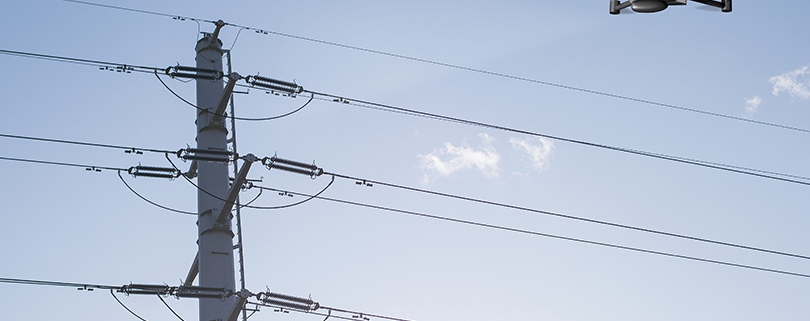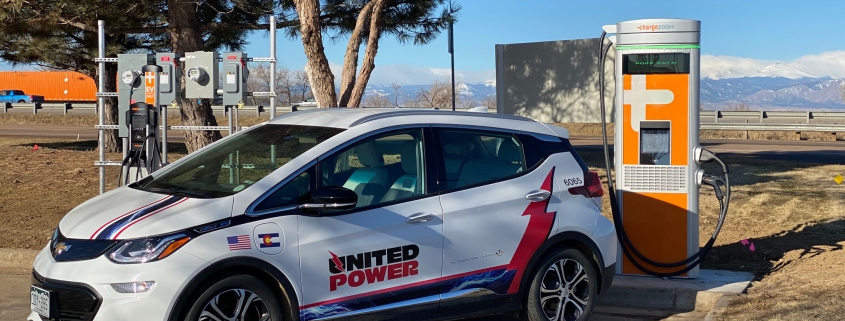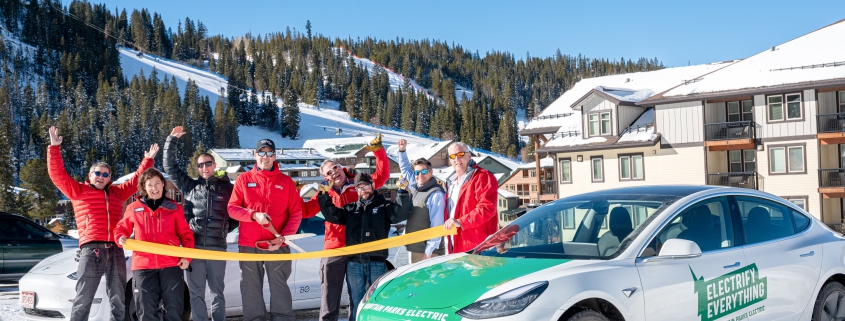In an innovative approach to enhancing its rural small business community and economy, Pueblo West-based San Isabel Electric offers a unique program.
The electric co-op distributes pass-through loans with 0% financing for qualifying projects to local businesses, nonprofits and public entities. This is through the U.S. Department of Agriculture’s Rural Economic Development Loan and Grant program.
Here’s how it works: The USDA provides the loan to San Isabel Electric, which then passes the loan through to local businesses in its service territory. The local business or nonprofit is responsible to repay the loan to SIEA, and the cooperative is then responsible for repayment to the USDA. San Isabel Electric may lend up to $1.5 million in total loans, and up to $300,000 in revolving loans.
The most recent recipient of a pass-through loan from SIEA is My One Hour Office, a coworking space in Walsenburg. Owner Mary Jo Tesitor said in a recent press release, “With a manageable low-or-no interest loan of less than $20,000, a small rural business can complete upgrades and improvements that may have been sitting on the back burner for a while.”
Tesitor believes the revolving loan program for small businesses can make a real difference for rural Colorado. And “is a great use of USDA funds. Small business owners will pay back into the fund, recirculating that money and growing the economy,” Tesitor said. She plans to use the REDL&G program funds to purchase virtual video conferencing equipment, a Wi-Fi management system and office furniture.
A previous REDL&G loan was issued to the La Veta Fire Protection District to support construction of its new fire station. San Isabel Electric is continually working with local rural businesses, nonprofits and public entities to process REDL&G applications. The co-op is also actively seeking a nonprofit or public body partner in the service territory to establish a revolving loan fund. An RLF would allow San Isabel Electric to issue these types of loans more quickly, without having to wait for USDA approval.
“To set up a revolving loan fund, we must issue a large loan to a nonprofit or public body entity, like a hospital, or local government organization. As they pay it back to us, we bank it, and then re-lend it. We can keep it going as long as we wish, as long as we’re following the USDA’s rules,” Laura Getts, San Isabel Electric’s business development manager said.
This is just one example of how a Colorado electric cooperative enhances community resilience through innovative programs.










